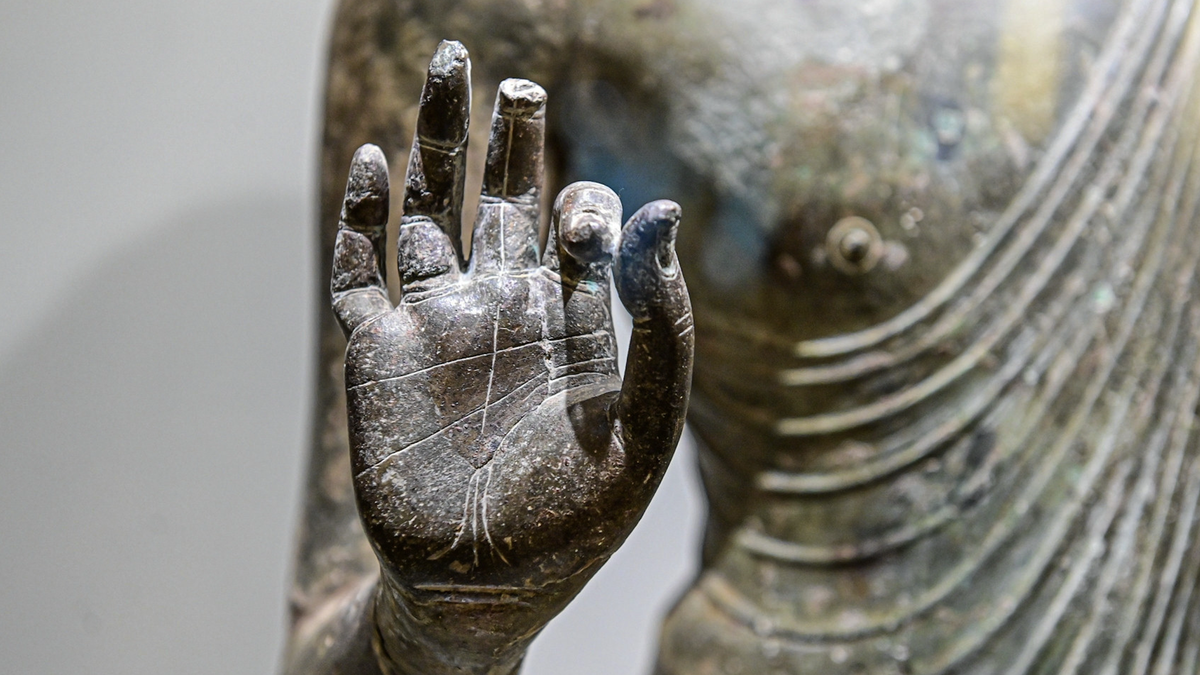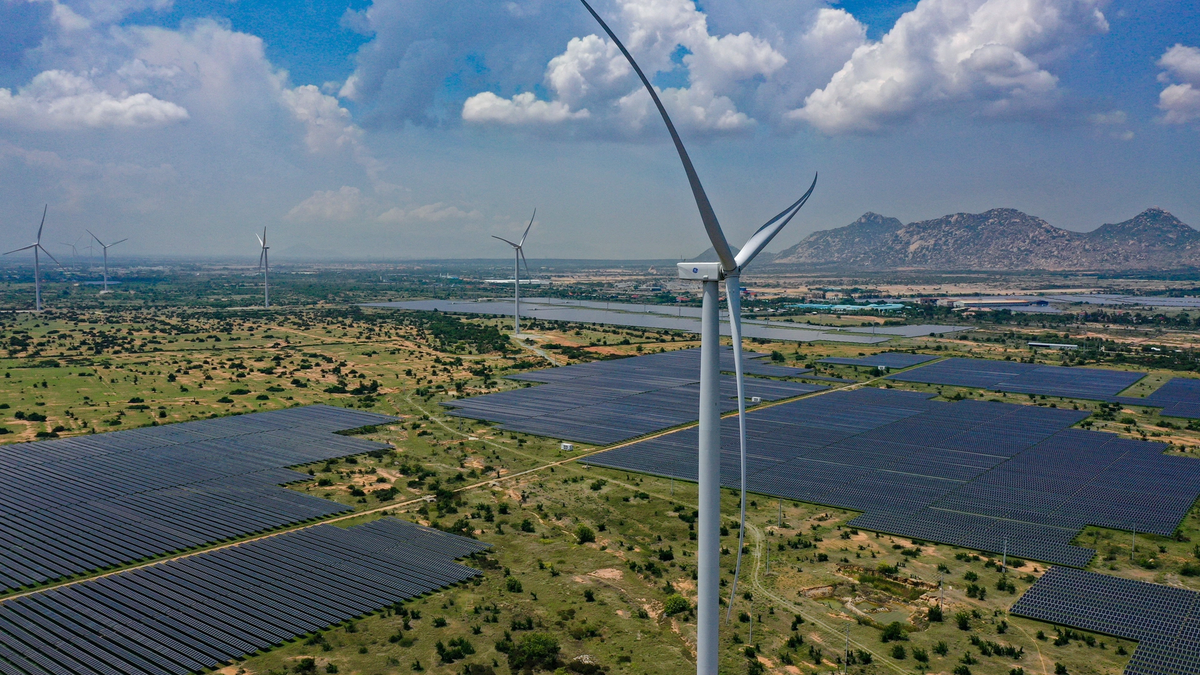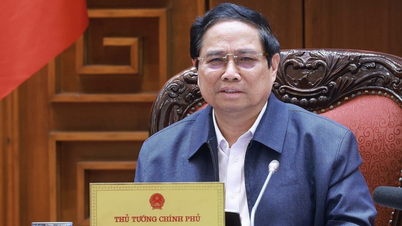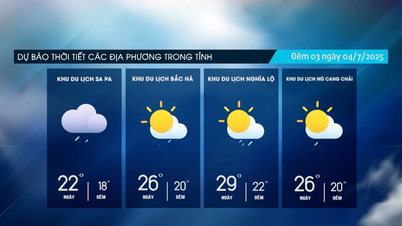According to Kitco News, Peter Boehringer, a German MP and initiator of the gold repatriation program, said he started raising the issue in 2007. For many years, he was the only one to raise the issue in parliament .
However, it was not until 2013 that the gold repatriation campaign was officially launched. 674 tons of gold were brought back to Germany over the next four years.
"Although I consider this a success, my ultimate goal is still to bring all the gold back to Germany," Boehringer emphasized.
During 2013-2017, Germany carried out one of the world's largest physical gold transfers since World War II, including 300 tonnes from the New York Federal Reserve and 374 tonnes from the Bank of France to storage in Frankfurt.
However, Boehringer noted that the amount of gold Germany received did not exactly match the amount sent. He also criticized the lack of transparency in the US gold reserves, especially Fort Knox, which claims to hold more than 4,500 tonnes of gold but has not had a full independent audit since 1953.

According to Boehringer, the issue is not just about trust but control. If gold is held abroad, the country that nominally owns it does not actually have full control over the asset.
The trend of repatriating gold is spreading amid central banks becoming increasingly cautious with the US dollar.
The Official Monetary and Financial Institutions Forum (OMFIF) 2025 survey found that 70% of central banks expressed concern about political instability in the United States, up from 37% last year. About a third of reserve managers plan to increase their gold holdings in the next two years; 40% expect to do so in the next decade.
Spot gold prices have risen 27% since the start of 2025, reflecting strong demand from central banks, weakening fiat currencies and growing concerns about “custodial risks”.
Asked whether Germany should increase its gold reserves, Boehringer replied emphatically: “Yes. We need more gold and we need to keep it at home.”
Germany currently holds 3,352 tonnes of gold, the second-largest official gold reserve in the world after the US. According to the Bundesbank, by the end of 2023, 50.5% of this gold will be stored in Frankfurt, with the rest in New York and London.
On the possibility of establishing a new gold depository in Europe, Boehringer said the idea had merit, although it remained politically sensitive.
With the IMF predicting that the share of the US dollar in global reserves could fall from 58% to 50% by 2035, Boehringer said: “The world will become more fragmented and gold will be the remaining common denominator.”
Source: https://vietnamnet.vn/duc-so-huu-3-352-tan-vang-vi-sao-gan-mot-nua-o-nuoc-ngoai-chua-the-hoi-huong-2416002.html








































































































Comment (0)